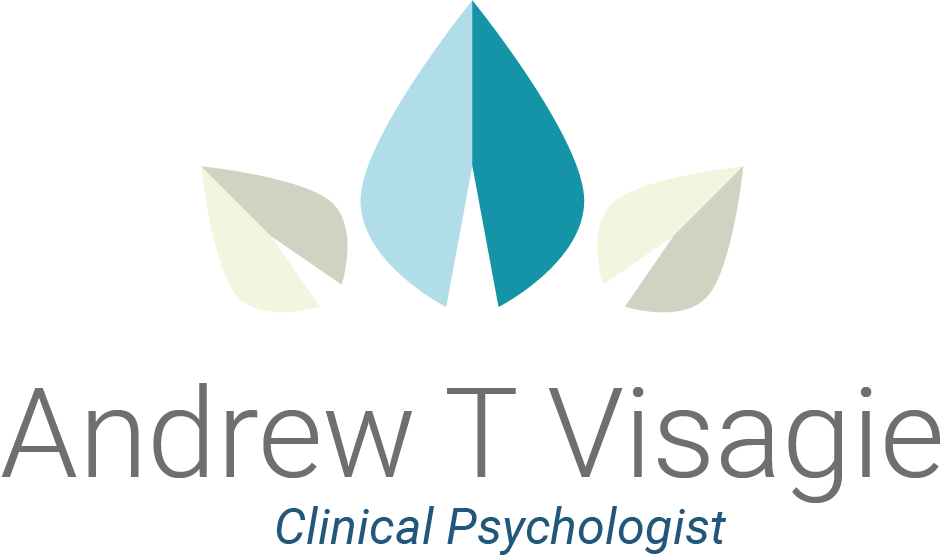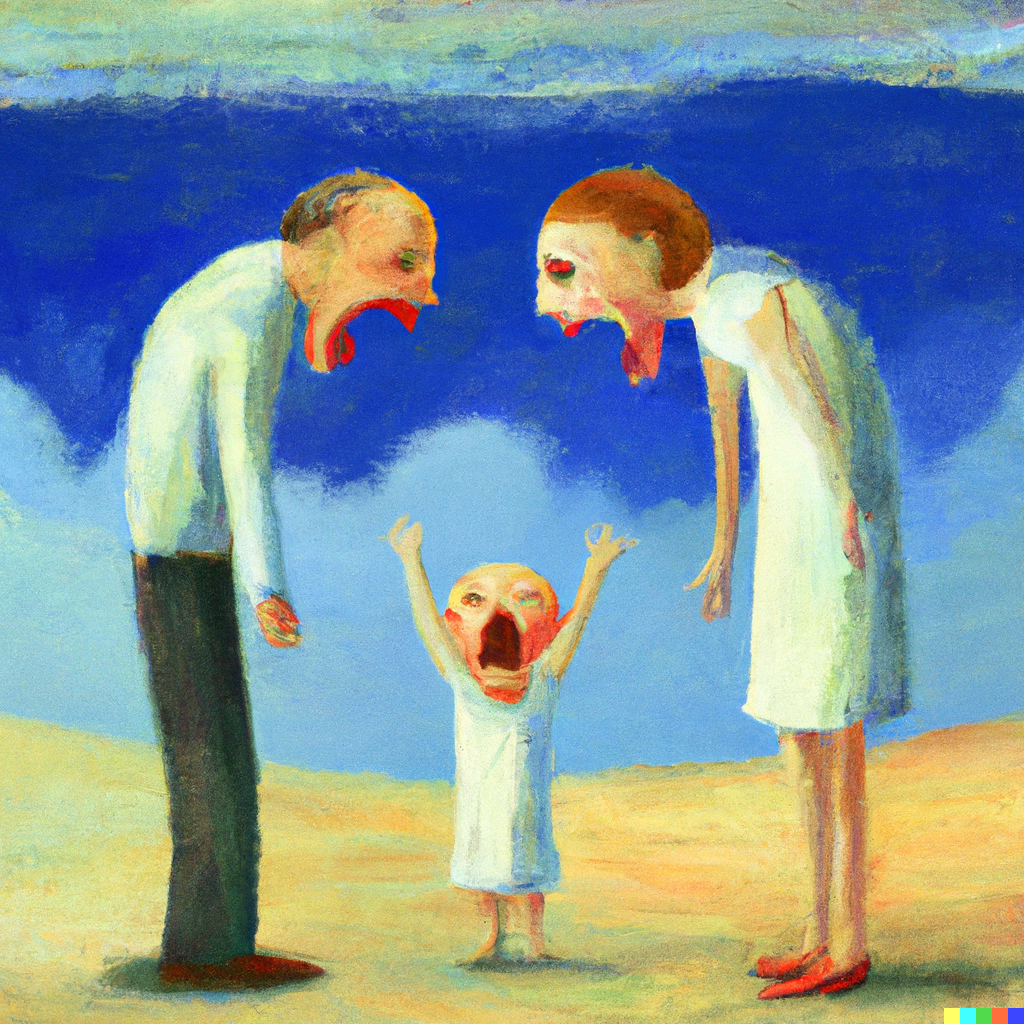Is Depression Caused by Low Serotonin, and do anti-depressants work?
We need to talk about how effective psychiatric medication is, especially with the ever rising cases world wide of depression and suicide.
Is Depression Caused by Low Serotonin?
Serotonin is a chemical in your brain that helps you feel happy and calm. Some medicines for depression, called antidepressants, work by making more serotonin available in your brain. But does this mean that depression is caused by low serotonin levels, or that increasing serotonin can cure it? In this article, we will look at the evidence from different kinds of research and question this idea.
The idea that depression is caused by low serotonin levels or activity in the brain is called the serotonin theory of depression. This idea came up in the 1960s and 1970s, when researchers noticed that some drugs that affect serotonin levels, such as LSD and reserpine, could make people feel depressed, while others, such as tryptophan and fenfluramine, could make people feel better. However, these observations were not consistent or conclusive, and did not prove that serotonin causes depression.
Since then, many researchers have tried to test the serotonin theory of depression using different methods and measures.
These include:
- Measuring serotonin and its breakdown product (5-HIAA) in body fluids, such as blood, spinal fluid, and urine.
- Measuring how much serotonin sticks to its receptors in the brain using special scans or after death.
- Measuring how much of the protein that moves serotonin back into the nerve cells after it is released is present in the brain using special scans or after death.
- Reducing the amount of tryptophan, the building block of serotonin, in healthy people or people with depression and seeing how they feel.
- Looking at whether differences in the gene that makes the protein that moves serotonin back into the nerve cells are linked to depression or make people more sensitive to stress.
However, a recent review of 17 studies that covered these areas of research found little evidence to support the serotonin theory of depression1. The review found that:
- Two studies that combined results from other studies measuring 5-HIAA found no link with depression (largest number of people = 1002)1.
- One study that combined results from other studies measuring serotonin in blood found no link with depression, and evidence that lower serotonin levels were linked to taking antidepressants (number of people = 1869)1.
- Two studies that combined results from other studies measuring how much serotonin sticks to its receptors in the brain found weak and inconsistent evidence of less sticking in some areas1. This could mean more serotonin is available in the brain for people with depression. However, they could not rule out the effects of taking antidepressants before.
- Three studies that combined results from other studies measuring how much of the protein that moves serotonin back into the nerve cells is present in the brain found weak and inconsistent evidence of less protein in some areas1. This could also mean more serotonin is available in the brain for people with depression. Again, they could not rule out the effects of taking antidepressants before.
- One study that combined results from other studies reducing tryptophan in healthy people or people with depression found no effect in most healthy people (number of people = 566), but weak evidence of an effect in those with a family history of depression (number of people = 75)1.
- One study looking at differences in the gene that makes the protein that moves serotonin back into the nerve cells found no link with depression1.
- One review looking at whether differences in the gene that makes the protein that moves serotonin back into the nerve cells interact with stress to cause depression found no link1.
The authors of the review concluded that there is little evidence to support the idea that depression is caused by low serotonin levels or activity1. They also suggested that antidepressants may work by other ways than increasing serotonin1, such as making new brain cells grow, reducing inflammation, or making people feel better because they expect to.
Therefore, based on the current evidence, it seems that the idea that depression is caused by low serotonin levels or activity is not well supported by facts. This does not mean that serotonin has nothing to do with mood or depression, but rather that its role is more complicated and involves other chemicals and systems1. Depression is likely to be influenced by many things, such as your genes, your thoughts, your relationships, and your environment2 , and making it about one chemical may be simplifying a complex problem.
Natural treatments
Some natural substances may have some effects on serotonin levels or mood, but there is not much evidence to support their effectiveness or safety. Some of them are:
- SAM-e. This is a compound that is naturally found in the body and helps make serotonin and other chemicals. It may have some antidepressant effects, but it may also cause side effects such as nausea, headache and anxiety3.
- Saffron. This is a spice that may have some antidepressant effects, but it may also cause side effects such as bleeding, allergic reactions and interactions with other drugs3.
- St. John’s Wort. This is a herb that may have some antidepressant effects, but it may also cause side effects such as photosensitivity, nausea and interactions with many drugs.
- Lifestyle changes. Some changes in your diet, exercise, sleep and stress management may improve your mood and brain health. Some of them are:
- Cutting sugar, processed food and artificial sweeteners. These foods may cause inflammation, blood sugar spikes and cravings that can affect your mood.
- Increasing protein, fruits, vegetables and omega-3 fatty acids. These foods may provide nutrients, antioxidants and healthy fats that can support your brain function and mood.
- Exercising regularly. Physical activity can release endorphins, reduce stress and improve your self-esteem and body image.
- Getting enough sleep. Sleep can help regulate your mood, hormones and immune system.
- Practicing relaxation techniques. Meditation, yoga, breathing exercises and other methods can help you cope with stress, anxiety and negative emotions.
Supplements
- Some supplements may help regulate serotonin levels or mood, but they may also interact with other medications or cause side effects. Some of them are:
- Tryptophan. This is an amino acid that is the building block of serotonin. It may have some antidepressant effects, but it may also cause side effects such as nausea, drowsiness and headache.
- 5-HTP. This is a compound that is made from tryptophan and is a step closer to serotonin. It may have some antidepressant effects, but it may also cause side effects such as nausea, drowsiness and headache.
- L-theanine. This is an amino acid that is found in green tea and may have some calming effects on the brain.
These are some of the alternatives to SSRIs for treating depression. However, before you try any of them, you should talk to your health care provider about the benefits, risks and interactions of each option. You should also not stop taking your SSRI without consulting your health care provider first, as this may cause withdrawal symptoms or worsen your depression.
Future research should explore other aspects of serotonin function and interaction with other chemicals and systems, as well as other possible causes and treatments for depression.
References
: Depression and serotonin: Review questions decades-old theory. (2022, July 26). Medical News Today. https://www.medicalnewstoday.com/articles/low-serotonin-might-not-cause-depression-but-why-do-ssris-still-work
: Moncrieff, J., Cooper, R. E., Stockmann, T., Amendola, S., Hengartner, M. P., & Horowitz, M. A. (2022). The serotonin theory of depression: a systematic umbrella review of the evidence. Molecular Psychiatry. https://doi.org/10.1038/s41380-022-01661-0
: Gowers, E. (1954). The Complete Plain Words. Her Majesty’s Stationery Office.
: Serotonin: The natural mood booster. (2021, July 20). Harvard Health Publishing. https://www.health.harvard.edu/mind-and-mood/serotonin-the-natural-mood-booster
: Brighten, J. (2021, May 21). How Does Serotonin Affect Depression? Dr. Jolene Brighten. https://drbrighten.com/how-does-serotonin-affect-depression/
From Healing to Happiness: A Clinical Psychologist’s Guide to Overcoming Depression and Anxiety



LOCATION
5 Molteno rd
Schonenberg Estate
Somerset-West
Cape Town
7130
Copyright © 2023 Digital Zoo Website Design Company - All Rights Reserved
Domain Registration
|
Email Address
|
Website Design
|
Graphic Design
|
Social Media Management
|
Search Engine Optimization
|
Online Marketing
|
Web App Developer







